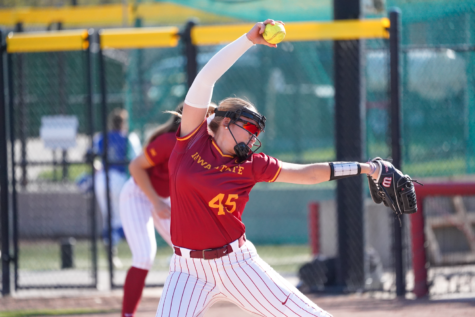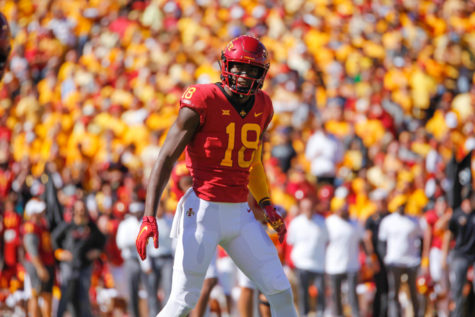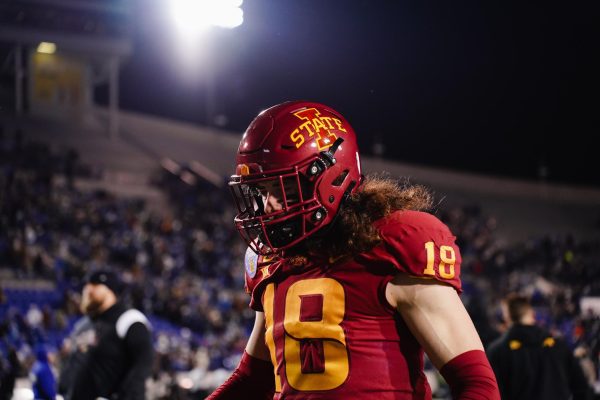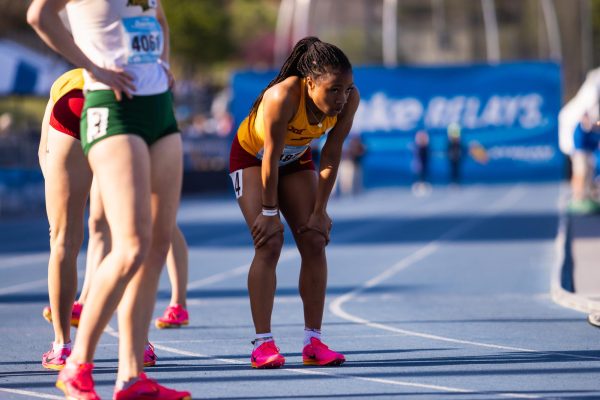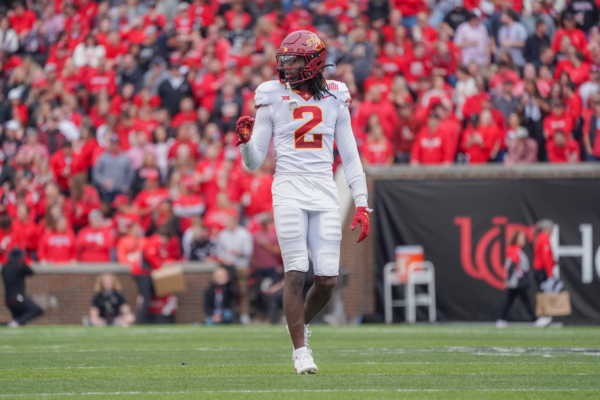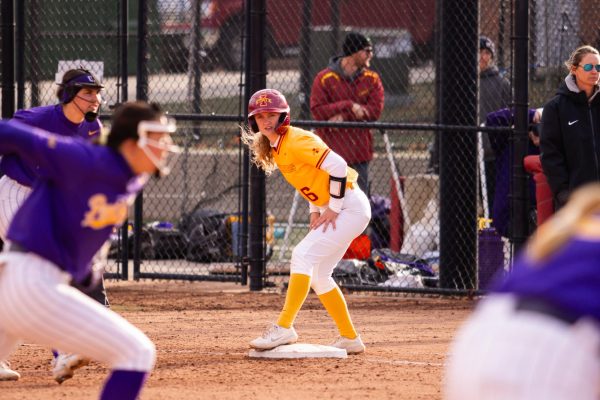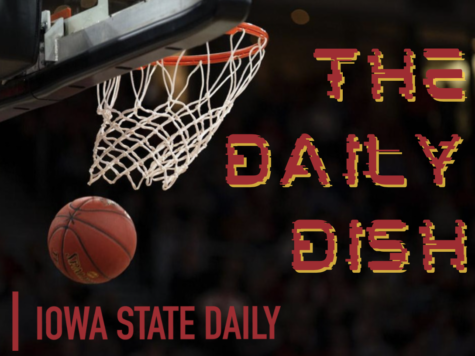Parking changes will affect tailgating
July 15, 2003
SU officials said Thursday that students would be involved in all future decisions about parking and tailgating for football games, and that students could possibly move closer to Jack Trice Stadium in the future if the number of problems involving alcohol diminished.
“I want to schedule an opportunity for students, especially those students who just feel like they’re being pushed away, to [have their say],” Vice President of Student Affairs Thomas Hill said. “And they need to hear what we have to say.”
It was decided Thursday that the general public will be able to park in a paved general public parking lot — Lot B-3 — near Hilton Coliseum. Also, 50 student-only passes will be distributed before each game for the paved lots near Hilton Coliseum, although these spaces will not be grouped together. The compromise plan came out of a meeting attended by 11 ISU administrators and three ISU students.
“Dangerous situation”
The ISU athletic department made the decision to move the general public, including students, away from the parking lots immediately surrounding the stadium — where they parked on and tailgated in 2002 — based an increase in the number of National Cyclone Club donors and concerns about security.
But in a meeting July 7, Hill and other administrators said the situation presented an opportunity to point out concerns about student behavior during tailgating, highlighting instances of public urination and people passing out from excessive alcohol consumption.
“We’ve tried everything,” Hill said. “We still have a dangerous situation out there.”
“That particular physical location creates an environment where there’s a very different kind of celebration,” Dean of Students Peter Englin said. “I wouldn’t even call it tailgating — it is, ‘We’re there to party and drink.’ A lot of other students, 6,500 of them, are elsewhere, preparing for and then coming to the game and not engaging in that experience.”
Englin said it was difficult to determine which people fell into the first category. “The proximity issue makes it easier to appear like you’re there and you care about what’s happening in the stadium,” he said. “If [students are] dispersed a little bit, I think they’ll still have a wonderful time tailgating and coming to enjoy the game.”
Hill said he has seen a lot of disturbing problems in six football seasons at Iowa State. “I was mortified the first time I walked through [the lots],” he said. “I said, ‘We need to clean this thing up.'”
Student worries
Students said they were concerned about their interests being ignored. “I just think students are worried that they’re getting pushed farther and farther away,” said Michelle Bohan, senior in biochemistry, biophysics and molecular biology and vice president of the Graduate and Professional Student Senate.
“We are the future alumni, the future donors,” she said. “[Some] commented that they will never donate to this university, which kind of frightens me.”
Hill said there was no conspiracy to release the information during the summer, when many students are out of town. “We try, but we can’t get everything done between August and May,” he said.
Joan Bowles, assistant athletic director for annual giving and customer service, said parking assignments are made each year after reviewing many variables.
Other measures
In recent years, placing public safety officers in parking lots earlier on game days has resulted in an increase in citations for alcohol-related offenses and a decrease in arrests, said Jerry Stewart, director of the Department of Public Safety.
Arrests are usually made when a person is incapacitated without anyone looking after him or her, he said.
Stewart also pointed out that problems are not limited to students.
“Thirty-seven percent of the people we charged last year were non-students,” he said.
Warren Madden, vice president of business and finance, said several of the tailgating tents in the Iowa State Center parking lot are occupied by student groups. “They’re not causing those other kinds of problems,” he said.
Revision after 2003 season?
Tony Borich, sophomore in community and regional planning, said he was skeptical students would accept the rationale of the move. “I don’t think you’ll find anyone who will agree that simply moving the small minority of people that are causing the problems at tailgates around so that you can’t monitor them will correct their behavior, except to make it less noticeable,” he said.
Borich said he had mixed feelings about the compromise plan that came out of the meeting.
“It’s difficult to say what the tailgating is going to be like this fall, because this plan will be so different from what students have had before,” he said. “From our perspective at the meeting, it seems like the solution that we reached will be almost as good as the tailgating was last fall.”
He said he was discouraged about students being left out of the planning process. “While the parking plan was being developed, and there were no spaces for public parking or students, and no consideration of them, the level of respect given to students left a lot to be desired,” he said.
Hill did not get involved in the planning process until students began complaining after the original letter was sent to National Cyclone Club members.
“Clearly there were some flaws in [the plan],” he said. “The best thing we can do is we can try to correct it, which I think we did and I think we did a pretty decent job.”
Hill said he would be an advocate for students getting better parking — if the behavioral problems before games went away.








